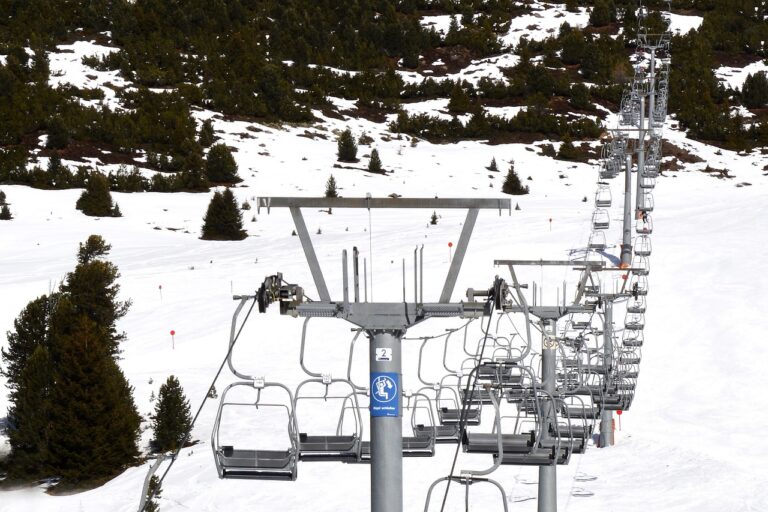Strategies for Supporting Students in Juvenile Justice Systems: Cricketbets999.com login, 11xplay reddy login, Betbhai 9.com
cricketbets999.com login, 11xplay reddy login, betbhai 9.com: As educators, it is essential to understand the unique challenges that students in juvenile justice systems face. These young individuals often come from disadvantaged backgrounds and have experienced trauma that can impact their ability to succeed in school. However, with the right support and strategies in place, we can help these students thrive and reach their full potential.
Here are some effective strategies for supporting students in juvenile justice systems:
Building Trust and Rapport
Establishing trust and rapport with students is crucial in any educational setting, but it is especially important for students in juvenile justice systems. These young individuals may have a history of negative experiences with authority figures, so it is essential to build relationships based on trust, respect, and empathy.
Creating a Safe and Supportive Environment
Creating a safe and supportive environment is key to helping students in juvenile justice systems feel comfortable and valued. This includes providing a welcoming physical space, implementing restorative practices, and promoting a positive school culture where every student feels seen and heard.
Individualized Support and Interventions
Each student in a juvenile justice system has unique needs and challenges, so it is crucial to provide individualized support and interventions. This may include personalized learning plans, targeted interventions for academic and behavioral issues, and access to mental health services and counseling.
Supporting Transition and Reentry
Transitioning out of the juvenile justice system can be a daunting process for students, so it is essential to provide support during this critical time. This may include helping students navigate the reentry process, connecting them with community resources, and providing ongoing support to ensure a successful transition back into school and society.
Collaboration and Communication
Collaboration and communication among all stakeholders are essential for supporting students in juvenile justice systems. This includes regular communication between educators, probation officers, social workers, and other team members to ensure a cohesive and coordinated approach to supporting student success.
Promoting Positive Behavior and Social Skills
Teaching and promoting positive behavior and social skills is essential for helping students in juvenile justice systems develop the skills they need to succeed in school and life. This may include social-emotional learning programs, behavior management strategies, and opportunities for students to practice and reinforce positive behaviors.
FAQs
Q: How can educators support students with trauma histories?
A: Educators can support students with trauma histories by creating a safe and supportive environment, implementing trauma-informed practices, and providing access to mental health services and counseling.
Q: What are restorative practices, and how can they benefit students in juvenile justice systems?
A: Restorative practices are processes that proactively build healthy communities, increase social capital, and reduce conflict and harmful behaviors. They can benefit students in juvenile justice systems by promoting accountability, repairing harm, and building positive relationships.
Q: How can schools support students transitioning out of the juvenile justice system?
A: Schools can support students transitioning out of the juvenile justice system by providing ongoing support, connecting them with community resources, and helping them navigate the reentry process back into school and society.







